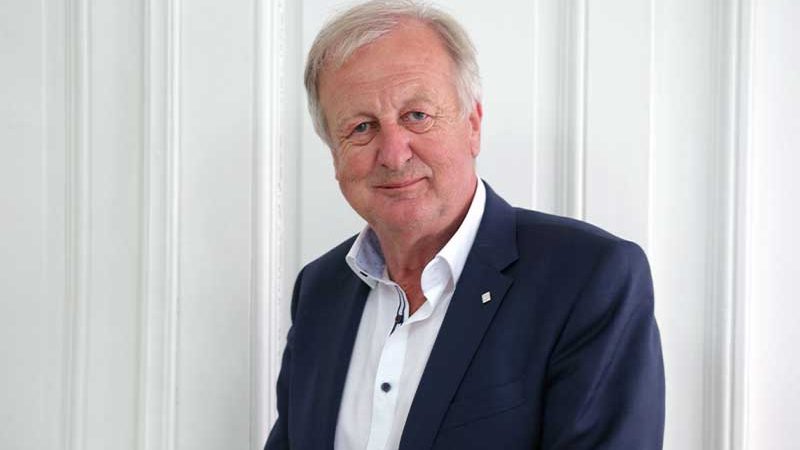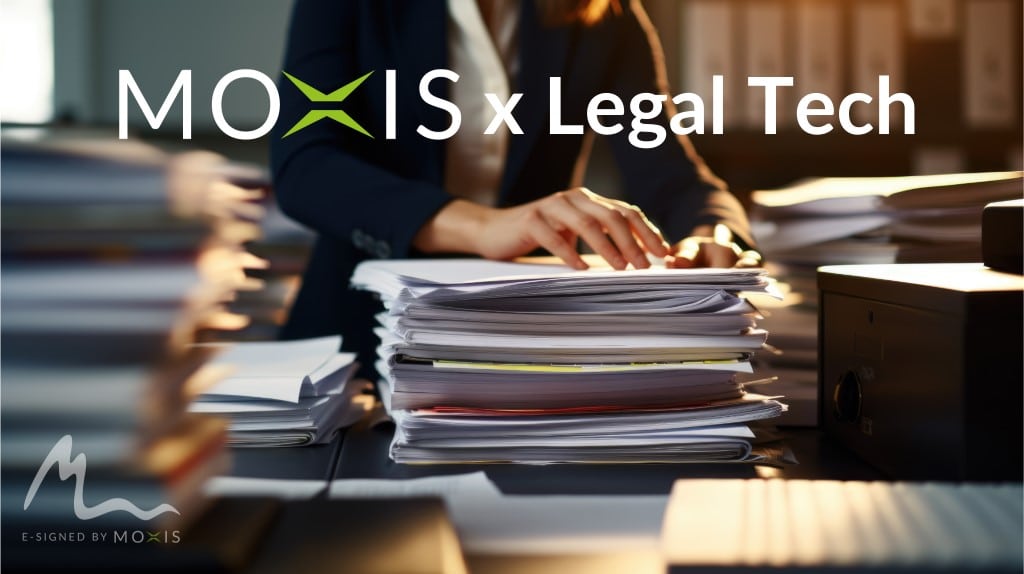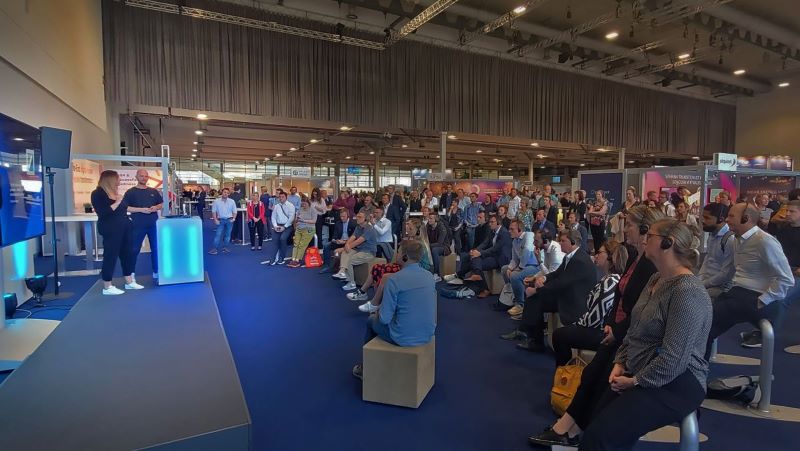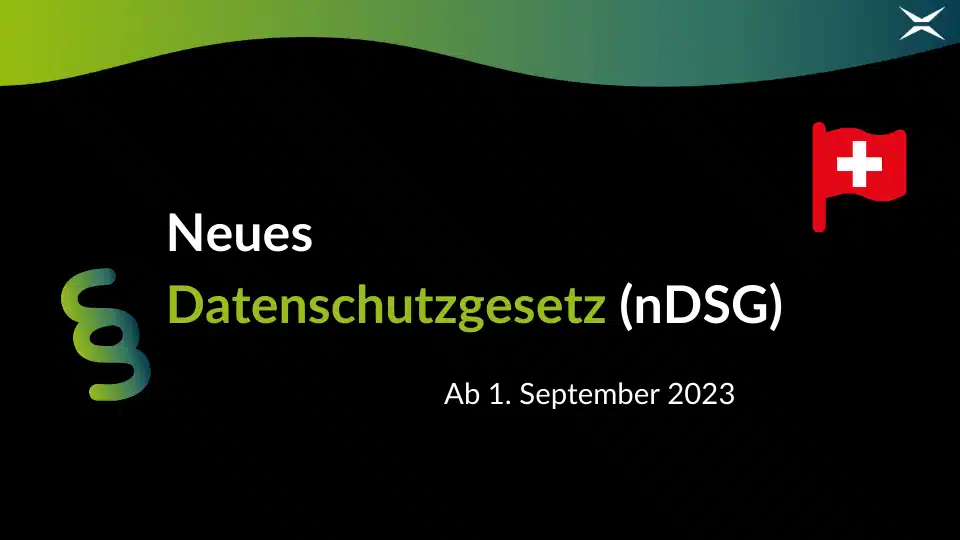When Alois Oberegger looks back on his 45 years of service at Wohnbaugruppe ennstal, he does so with a certain amount of self-irony: ” This has been the only company that has put up with me for such a long time,” he says with a grin. CEO Oberegger belongs to a generation that is not generally associated with a pioneering spirit when it comes to digitalisation. Yet he himself is living proof to the contrary. Trained as a programmer at a time when most people still had to think about what was behind the abbreviation “IT”, he has played a key role in shaping digitalisation at the housing association over the past four and a half decades. He is also the very first MOXIS user.
Process-oriented thinking
“I have never seen digitalisation in isolation and seen it as the conversion of individual analogue processes into digital ones,” he says. “For me, process-oriented thinking has always taken centre stage.” A self-image that makes his early interest in a professional solution for electronic signatures seem only logical. “For me, the electronic signature was a missing link on the way to paperless processes. MOXIS showed me for the first time how the typical media disruptions of handwritten signatures can be avoided in a compelling way.” A customer event organised by XiTrust six years ago, at which MOXIS was presented, was the starting signal for Alois Oberegger. “I was immediately impressed because MOXIS was able to fill exactly the gap that I still saw in my vision of the paperless office.”
Building things up step by step: This principle has also helped him to shape his own professional career. From his beginnings as an employee in accounting to his appointment to the Management Board for IT and Accounting as well as HR organisation in 2002, Alois Oberegger has always kept an eye on the big picture. “I was also hired because I had an affinity for IT,” he recalls. “There were not many IT specialists at the time. At Wohnbaugruppe, digitalisation has always been a central building block for internal and later external processes. Today, I would say that we played a pioneering role in many areas.”
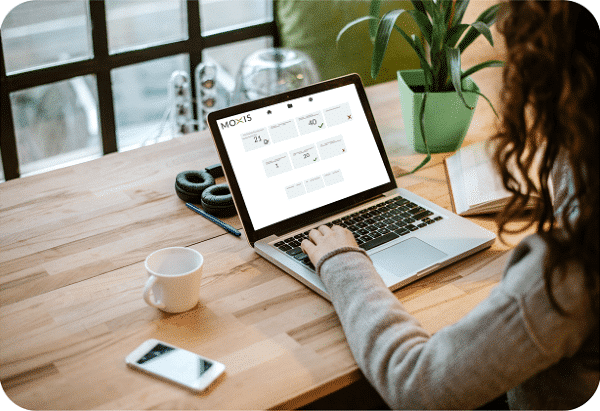
Discover MOXIS for your company.
Find out more about the leading eSignature platform, enjoy the benefits of legally secure digital signatures, save time and costs.
Digitalisation is not an end in itself
IT pioneer Oberegger was interested in MOXIS because of the decentralised structure of the housing association. The company has always needed to connect different locations in several federal states. “We have over 80,000 documents to sign every year. That is a considerable amount of work using analogue methods. With the MOXIS batch function, this daunting task quickly became a breeze. Everything works with just a few clicks.” Digitalisation, not just in signature processes, helps companies to work efficiently and in a future-proof manner – Oberegger has been convinced of this ever since he started working as an accountant at Wohnbaugruppe.
For him, replacing analogue processes has never been an end in itself. “The question is always: How do you use the time saved by working digitally? The prospect of freeing up more time for direct dialogue with customers has always fascinated me.” Direct human contact is also what an innovator like Oberegger sees as the most important factor for entrepreneurial success, despite all the advantages of digital working. “When it comes to communication, we will always need to talk to each other without detours, such as via email. In my view, this is how digitalisation should be understood: As a supporting tool for the really important things!”
Above: XiTrust Head of Marketing Alexandra Nunez presents Alois Oberegger with the XiTrust Innovation Award for his innovative spirit and the special collaboration.
Private digitalisation
The housing association quickly switched to working from home to contain coronavirus-related infections during the first lockdown in 2020. The company was optimally prepared for this, also thanks to Alois Oberegger’s development work. “If we had still been working with analogue signatures, the concept would have been much more difficult to implement. We were able to control all relevant processes overnight, even when working remotely in many different home offices.” Oberegger certainly appreciates the new remote working model, but cautions: “I do not think it is desirable to work exclusively in this way. The best ideas are not born on a screen, but in dialogue. Even if it happens in the office kitchen.”
Although Alois Oberegger is vacating his desk for good after 45 years, he will remain with the company as a member of the Supervisory Board. Although, as he says, he has “not been longing” to retire, he knows that at some point it will be time to hand over responsibility to the next generation. He remains committed to IT, but will be focussing more on his own four walls in the future. “We have a very nice house. Of course, there is still a lot to digitalise – from the blinds and door locks to the lighting.” He has already managed to get his wife’s consent. “On the condition that she is able to come into the house at any time, even when I am travelling.”
